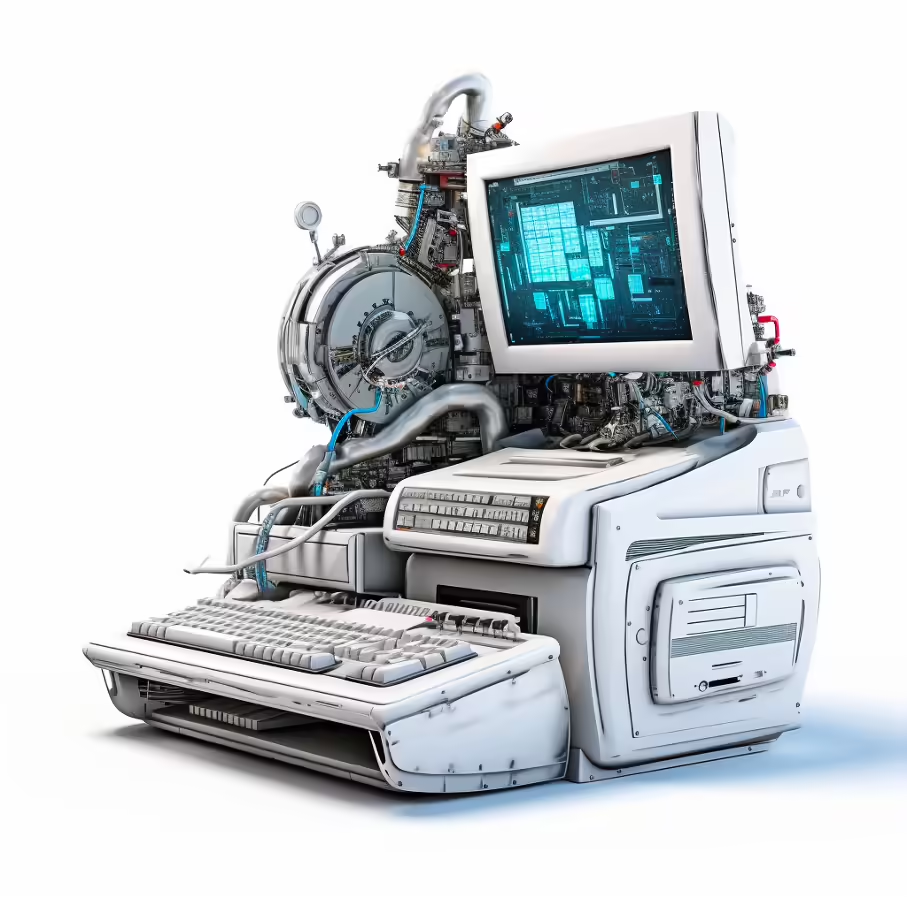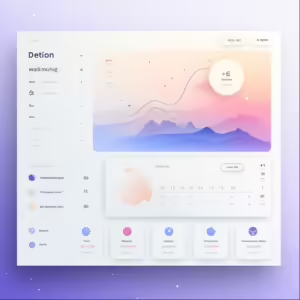Business IT: The interface between IT and business administration
Business informatics, often also referred to as business informatics, is an interdisciplinary field that combines the principles of computer science and business administration. This field plays a crucial role in the modern business world by providing IT solutions and strategies tailored to the specific needs and goals of companies. This article provides a detailed insight into business IT, its importance, core areas and challenges.What is business information technology?
Business informatics deals with the analysis, planning, development and application of information systems in companies. It aims to make business processes more efficient through the use of IT, support decision-making and generate a competitive advantage.Core areas of business information technology
- Information systems development: Design and implementation of software solutions tailored to the specific needs of a company.
- IT resource management: Planning, controlling and monitoring a company's IT infrastructure, including hardware, software and networks.
- Data analysis and business intelligence: Using data analysis techniques to gain business insights and make data-driven decisions.
- E-business and e-commerce: development and management of online business models and transactions.
- IT project management: Planning, implementing and controlling IT projects, often using methods such as Agile or Scrum.
Importance of business information technology
- Optimization of business processes: Use of IT solutions to increase efficiency and productivity.
- Competitive advantage: Using information technologies to differentiate products and services.
- Decision support: Providing valuable data and analytics to support strategic decisions.
- Digitalization: Leading companies through the process of digital transformation.
Challenges in business IT
- Technological change: Rapid development of new technologies requires continuous adaptation and learning.
- Data security and data protection: Ensuring the security and protection of sensitive company data.
- Integration of systems: Combining different information systems into a coherent and efficient overall system.
- Managing IT Projects: Managing the complexity and risk of IT projects.
Future prospects for business information technology
With the increasing influence of digitalization in all business areas, the role of business IT is becoming increasingly important. Topics such as artificial intelligence, machine learning, cloud computing and big data will play an even greater role in business IT in the future and open up new opportunities for companies.Conclusion
Business IT is a crucial factor for the success of modern companies. By linking IT and business administration, it helps companies optimize their business processes, make data-driven decisions and remain competitive in the digital age. The ability to master both technological and business challenges makes business information technology an indispensable component in the strategic planning of companies.Enter business information technology here: The interface between IT and business administration
your heading






